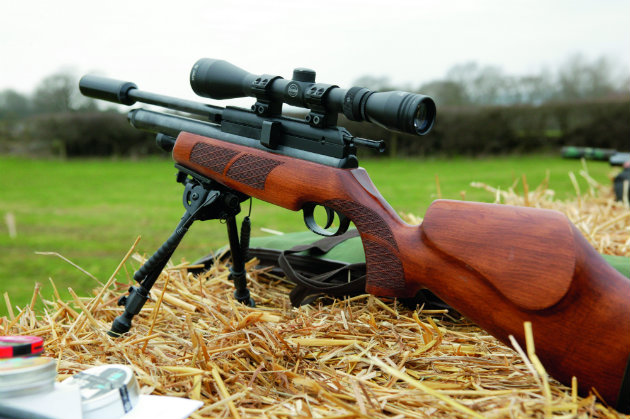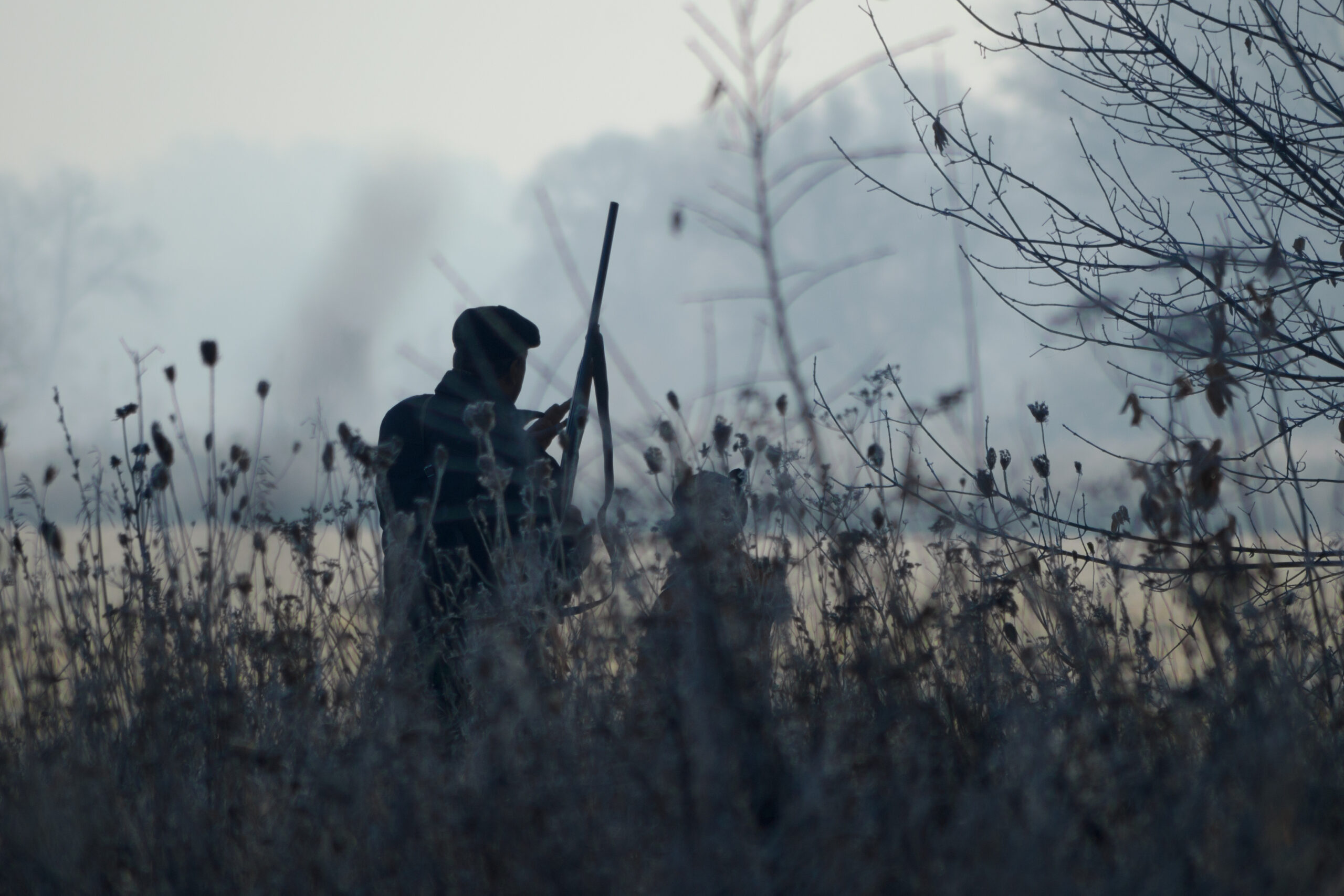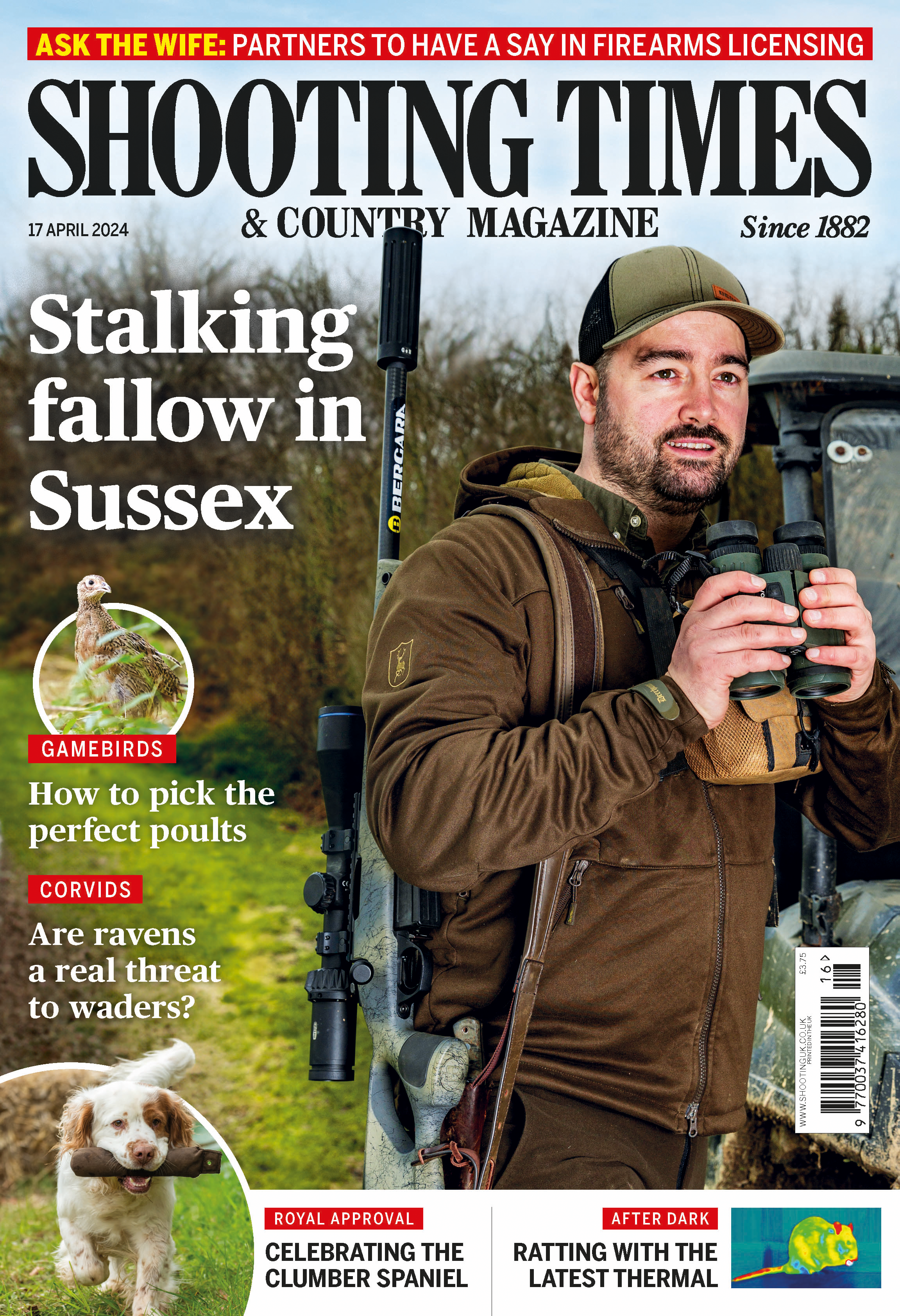A year of change for laws on licensing firearms
The past twelve months have been a busy time for firearms licensing and certificate holders, says David Frost

Airguns in Scotland will now need to be licensed
First, in September 2015, came the report by Her Majesty’s Inspector of Constabulary (HMIC) for England and Wales into the efficiency of the licensing system. It will come as no surprise to readers who have the misfortune to live in Essex, Gloucestershire, Thames Valley or Hampshire that HMIC found much to be desired in the way the police operate the licensing system. In some cases, the average time taken to process grant and renewal applications was in excess of six months.
Hampshire second worst for turnaround times
It’s particularly worrying that Hampshire was found to be the second worst for turnaround times because its then Chief Constable, Andy Marsh, was chairman of the Firearms and Explosives Licensing Working Group (FELWG), which is supposed to maintain standards and ensure consistency. FELWG does come in for oblique criticism in the report, but it does not do an effective job as far as the customer is concerned. The customer is not directly represented, no doubt because the police wouldn’t want to be embarrassed by complaints direct from the horse’s mouth.
Governance systems and management structures were found to be wanting among several forces. The management of the licensing process is poor and you, dear reader, suffer as a consequence. Mind you, some of this may be down to you because so few certificate holders complain about poor service. Do email your Police and Crime Commissioner when you do.
The Law Commission
Hardly was the ink dry on the HMIC report than the Law Commission held a symposium, at which I was present, to discuss its proposals for the reform of firearms legislation. It identified several areas of concern, most of them sensible. Ideally, it would like to have a completely new Act to replace the three dozen or so pieces of legislation that cover the possession and use of guns. Politically, that is probably not a runner in the short term, but a miracle happened nonetheless.
A few months after the Law Commission published its final report the Government included most of the sensible proposals in the Policing and Crime Bill 2015-16. That’s the first time in more than 30 years of writing about firearms legislation that I can remember a set of sensible and helpful proposals being accepted by the Government for passing into law. There were some missed opportunities in the Bill and the Countryside Alliance is trying to rectify these issues.
Firearms Directive
We’d barely drawn breath on the Law Commission when the EU came up with plans for tightening the Firearms Directive. Ostensibly designed to reduce the risk of terrorists acquiring firearms, the main victims will be the lawful owners of guns. Vicky Ford MEP (East of England) has been leading the opposition to these measures and has been well briefed by our shooting organisations. As with everything in the EU, the process is convoluted and it’s difficult to see what the outcome will be.

Do 40,000 GPs need to know where private firearms are kept?
Since 2010 the police have been informing your GP that you have been granted a certificate. The aim was to ensure that people with a dubious medical history didn’t have access to guns. However, what the GP did with the letter was up to them; some took action, while others ignored it. The procedure does seem to have flushed out some holders who had failed to declare medical conditions as they were required to do. It was a low-cost system that placed little strain on GPs and had not run its full five-year cycle before something more onerous was proposed.
Medical recorders marker
The new system came into force on 1 April. Some of it is law, but most is an administrative procedure that relies upon doctors’ goodwill. Now, the GP is told as soon as your application is received and they have three weeks in which to respond if they have concerns. That gives the police an instant excuse for delaying your application. Moreover, the GP has to trawl back through your records for 10 years. There’s nothing to stop them charging you for this, but the BMA and Home Office hope that they won’t.
If you declare a medical condition, you will have to obtain a report. Previously, the police paid, but now you will and a figure of £46 has been mooted. If further reports are required, the police will pay. A marker will be put on your medical record and it will show every time you visit your GP. You may be happy with this, but what happens if your GP is an anti? Do 40,000 GPs and their staff really need to know where private firearms are kept? Some GPs may decline to participate on moral grounds.
The British Association for Shooting and Conservation and the Countryside Alliance have welcomed the change, seeing it as a possible step towards a 10-year certificate life. This seems to be a risky attitude, particularly as the EU is seeking to limit certificate life to five years. Personally, I value my privacy more than an extended certificate life. Moreover, no effort is being made to assess whether or not this bureaucracy will improve public safety and without such an assessment it’s not justified.
Airguns in Scotland
If you live in Scotland you’ll have to start coming to terms with licensing your airgun. The procedure is similar to that for a firearm and vastly more onerous than for a shotgun certificate. You can apply from 1 July 2016 and, in most cases, must do so by the end of the year. Visitors, including those of us living in the rest of the UK, must obtain a visitor’s permit. You’d have thought the Scots would have had better things to do, but maybe that’s what comes from living in a one-party statelet dominated by urban interests.








